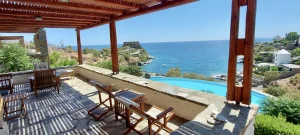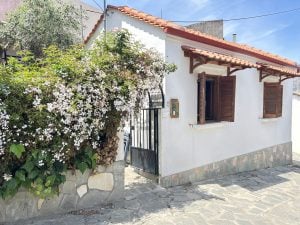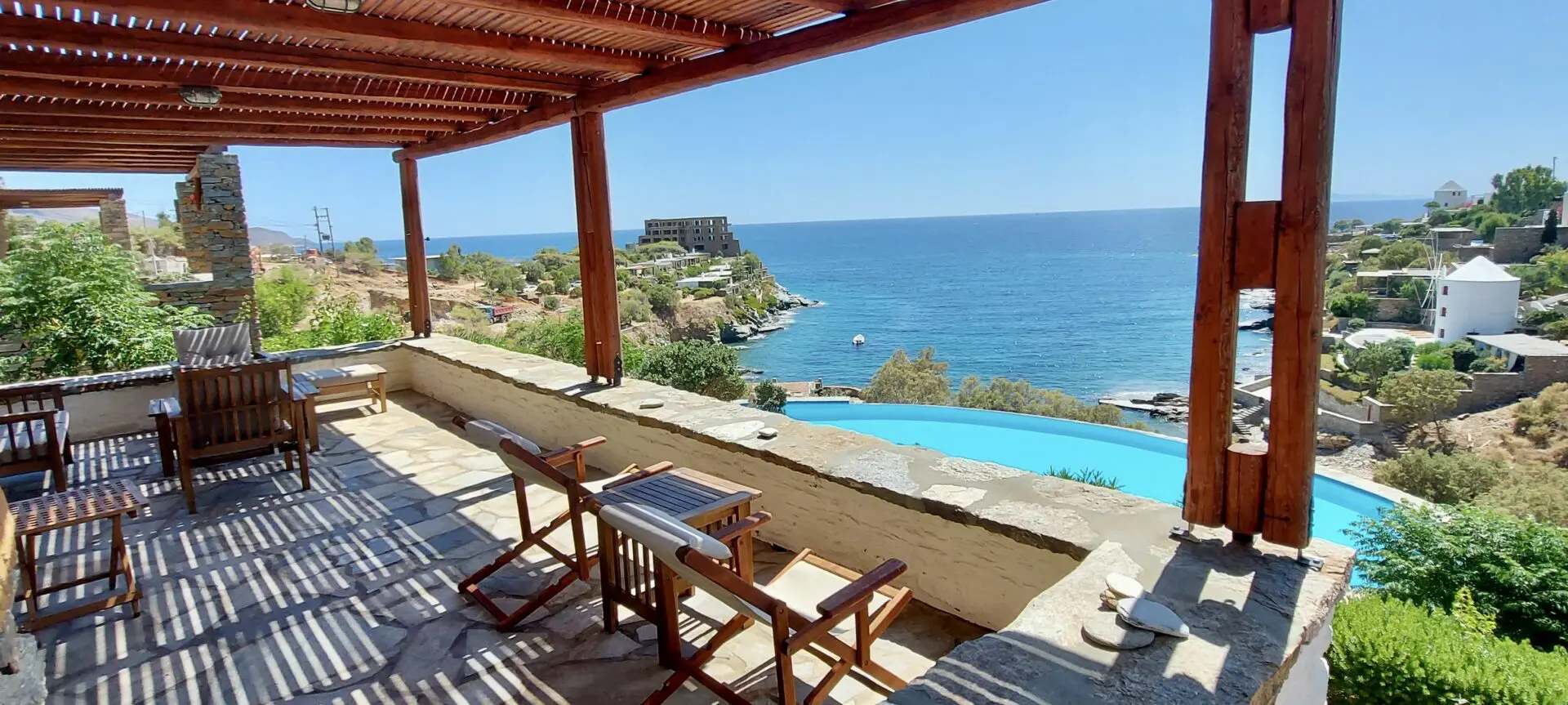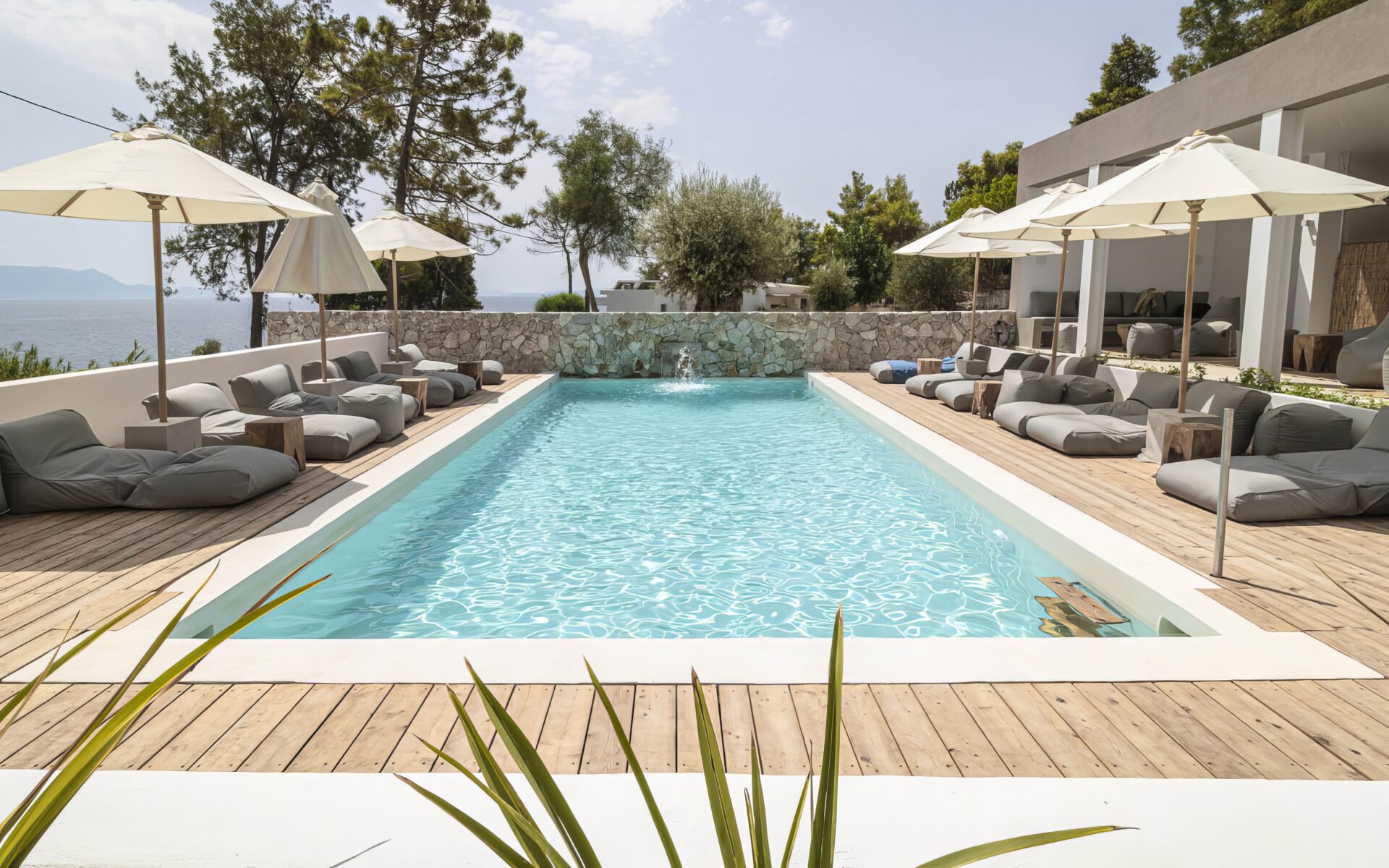No, the Peloponnese is not considered a party destination. This historic peninsula in southern Greece focuses on cultural tourism, archaeological sites, and authentic Greek experiences rather than vibrant nightlife and party scenes. Unlike renowned party destinations such as Mykonos or Ios, the Peloponnese attracts visitors seeking historical exploration, natural beauty, and traditional Greek hospitality in a more tranquil setting.
Understanding Peloponnese as a travel destination
The Peloponnese stands as Greece’s southernmost peninsula, connected to the mainland by the narrow Isthmus of Corinth. This historically rich region encompasses legendary sites including ancient Olympia, Mycenae, and Epidaurus, positioning itself as one of Greece’s most significant archaeological destinations.
Unlike the Cycladic islands known for their party atmospheres, the Peloponnese offers a completely different tourism experience. The region’s landscape features dramatic mountains, pristine beaches along both the Ionian and Aegean coasts, and medieval towns that have preserved their authentic Greek character for centuries.
The peninsula’s tourism infrastructure caters primarily to cultural enthusiasts, history buffs, and families seeking authentic Greek experiences. Accommodation options range from boutique hotels in restored stone buildings to luxury resorts that emphasise tranquillity and natural beauty rather than nightlife entertainment.
Is Peloponnese considered a party destination?
The Peloponnese definitively does not fit the party destination profile that characterises places like Mykonos, Santorini’s Fira, or Zakynthos. The region’s tourism model centres on cultural heritage and historical significance rather than nightlife entertainment and beach parties.
The peninsula attracts a distinctly different demographic compared to Greece’s famous party destinations. Visitors typically include mature travellers, families with children, history enthusiasts, and couples seeking romantic getaways in peaceful settings. The average visitor age tends to be higher than party destinations, with many guests prioritising cultural experiences over nighttime entertainment.
Tourism infrastructure throughout the Peloponnese reflects this cultural focus. Hotels and resorts emphasise comfort, local cuisine, and proximity to archaeological sites rather than featuring DJ booths, beach clubs, or late-night entertainment venues that define party destination experiences.
What type of nightlife does Peloponnese offer?
The Peloponnese offers traditional Greek nightlife centred around authentic tavernas, family-run restaurants, and cultural events rather than high-energy clubs or beach parties. Evening entertainment typically revolves around local music, traditional dancing, and leisurely dining experiences.
Coastal towns like Nafplio, Pylos, and Gythio feature charming waterfront restaurants where visitors can enjoy fresh seafood accompanied by local wines. These establishments often host live Greek music performances, particularly during summer months, creating intimate atmospheres for authentic cultural experiences.
Cultural events form a significant part of the region’s evening entertainment. Ancient theatres at Epidaurus and other archaeological sites host classical performances, concerts, and festivals throughout the summer season. These events attract visitors seeking sophisticated cultural experiences rather than party atmospheres.
Local festivals celebrating religious holidays, harvest seasons, and historical commemorations provide genuine insights into Greek traditions. These community events welcome visitors to participate in traditional dancing, local cuisine tastings, and folk music performances.
How does Peloponnese compare to Greece’s famous party destinations?
The contrast between the Peloponnese and Greece’s party destinations is stark in terms of atmosphere, visitor demographics, and entertainment focus. While Mykonos and Ios attract young adults seeking vibrant nightlife, the Peloponnese appeals to visitors prioritising cultural enrichment and peaceful relaxation.
| Aspect | Péloponnèse | Party Destinations (Mykonos, Ios) |
|---|---|---|
| Primary Appeal | Historical sites, culture | Nightlife, beach parties |
| Visitor Demographics | Families, mature travellers | Young adults, party-seekers |
| Evening Entertainment | Traditional tavernas, cultural events | Clubs, beach bars, DJ sets |
| Accommodation Style | Boutique hotels, traditional guesthouses | Party hotels, beachfront resorts |
| Peak Activity Hours | Daytime sightseeing | Late-night partying |
Party destinations focus heavily on beach club culture, international DJ performances, and late-night entertainment that continues until dawn. The Peloponnese, conversely, maintains traditional Greek rhythms where evenings centre around family dining, local music, and early bedtimes to accommodate morning archaeological site visits.
What attracts visitors to Peloponnese instead of party destinations?
Visitors choose the Peloponnese for its authentic Greek experiences and unparalleled historical significance. The region offers access to some of Greece’s most important archaeological sites, including the birthplace of the Olympic Games and legendary Mycenaean palaces.
The peninsula’s natural beauty provides diverse landscapes from mountain villages to pristine beaches without the crowds and commercialisation associated with party destinations. Visitors can explore traditional stone villages, sample local wines in family-owned vineyards, and enjoy beaches with crystal-clear waters in peaceful settings.
Cultural authenticity represents a major draw for travellers seeking genuine Greek hospitality. Local communities maintain traditional lifestyles, offering visitors opportunities to participate in olive harvests, traditional cooking classes, and local festivals that have remained unchanged for generations.
The region’s family-friendly atmosphere appeals to parents travelling with children who want to combine education with relaxation. Archaeological sites provide engaging learning experiences, while safe beaches and traditional accommodations create comfortable environments for family holidays.
Why do property investors choose Peloponnese over party destination locations?
Property investors favour the Peloponnese for its market stability and appeal to long-term holiday home buyers rather than short-term party tourism. The region attracts buyers seeking permanent or semi-permanent residences in authentic Greek settings.
Investment properties in the Péloponnèse typically appreciate steadily due to limited supply and consistent demand from cultural tourists and retirees. Unlike party destination markets that can fluctuate with changing tourism trends, the peninsula’s historical significance ensures enduring appeal.
The region offers significantly better value compared to party destination locations where property prices reflect premium nightlife positioning. Investors can acquire larger properties, often with historical character, at more reasonable prices whilst still enjoying coastal or mountain locations.
Rental potential in the Peloponnese targets quality-conscious travellers willing to pay premium rates for authentic experiences and cultural proximity. This demographic typically treats properties with greater respect and books longer stays compared to party destination visitors.
The peninsula’s infrastructure development focuses on sustainable tourism and cultural preservation rather than mass entertainment facilities. This approach supports long-term property value appreciation and creates stable investment environments for serious buyers.
Key takeaways about Peloponnese’s tourism character
The Peloponnese positions itself as Greece’s premier cultural and historical destination rather than a party hotspot. This strategic positioning attracts discerning travellers seeking authentic Greek experiences, archaeological wonders, and peaceful relaxation in stunning natural settings.
The region’s tourism character emphasises quality over quantity, attracting visitors who appreciate cultural depth, traditional hospitality, and historical significance. This approach creates sustainable tourism that benefits local communities whilst preserving the peninsula’s authentic character.
For property investors and holiday home buyers, the Peloponnese offers compelling advantages through market stability, cultural authenticity, and appeal to sophisticated travellers. The region’s focus on heritage tourism ensures consistent demand from visitors seeking meaningful travel experiences.
Whether you’re considering the Peloponnese for investment opportunities or authentic Greek experiences, understanding its cultural tourism focus rather than party atmosphere helps set appropriate expectations. For guidance on property opportunities in this historically rich region, we invite you to contact our experienced team.



































